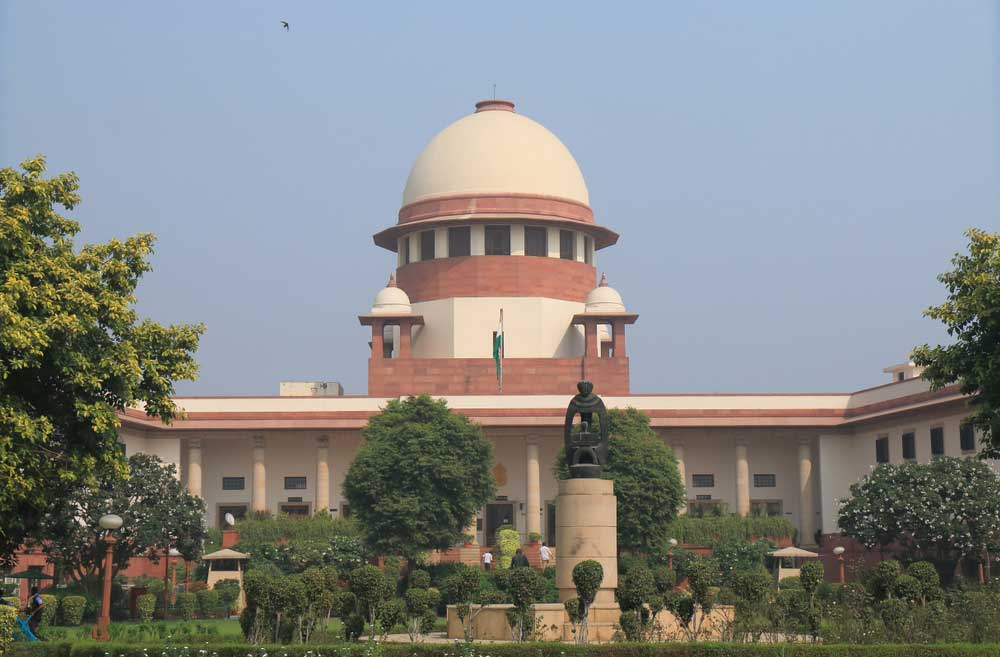Gujarat police arrested the founder of the banned Student Islamic Movement of India from hometown Azamgarh on Thursday night in an 18-year-old case of obstructing an official, but could not take him along to Gujarat with a local court granting him bail.
Chief judicial magistrate Alok Kumar allowed bail to Shahid Badra Falahi, 66, against two bonds of Rs 1 lakh each on Friday and directed him to appear before the relevant Gujarat court within a week.
Falahi’s lawyer, Abdul Khaliq, told reporters the Gujarat police had planned to take Falahi to their home state without seeking a transit remand but were forced by his supporters to follow due process.
Falahi, arrested in 2001 after Simi was banned, had been acquitted of charges of anti-national activities in 2004. He runs an unani clinic in Azamgarh and has been fighting a court case to get the ban on Simi lifted.
Inspector Y.P. Jadeja, who led the four-member Gujarat team to Azamgarh, told reporters that Falahi had been booked under penal code sections 353 (criminal force to deter a public servant from discharging his duty) and 143 (unlawful assembly) in Bhuj, Kutch, in 2001.
“A warrant was issued against him in 2012. But we didn’t know his address,” Jadeja said.
Falahi told The Telegraph over the phone from Azamgarh: “I didn’t know there was a case against me in Kutch or I would have appeared there. I’m happy to have got a week’s time.”
An alumnus of Aligarh Muslim University, Falahi had founded Simi in 1977. He is a public figure in Azamgarh district.
“The Gujarat police tried their best to take him to Kutch on the basis of a seven-year-old warrant,” Khaliq said.
“We reached the local police station just in time on Thursday night and forced the Gujarat police to apply for a transit remand. We knew he had been arrested on the basis of a shabby case.”
Khaliq said Falahi had addressed a youth meeting in Bhuj in early 2001, months before being arrested as Simi president.
“He didn’t know about the 2012 warrant. He is a well-known figure in eastern Uttar Pradesh; he doesn’t live in hiding. The entire country knows he is fighting a case against the ban on Simi,” Khaliq said.
“While both the penal code sections (in which Falahi has been booked in Bhuj) were bailable in 2001, the law was amended in 2005 and Section 353 was made non-bailable. We argued in the court that these sections should be treated as bailable in Falahi’s case, and the court agreed.”
A friend of Falahi said he had always feared such a situation.
“The government’s spies and policemen would always hang around his clinic or home. This is why he would have every visitor’s name, phone number and time of visit recorded in a register. Members of the local intelligence unit would often come to check the register,” the friend said.
Falahi claims that Simi had always been a nationalist organisation and that those of its alleged members found involved in anti-national activities had long before been sacked from the organisation because of their radical views.
The ban on Simi has been extended several times since 2001. In 2008, a special tribunal had declined to extend the ban saying it didn’t find any evidence warranting such action, but the Supreme Court stayed the order on a petition from the then UPA government.











